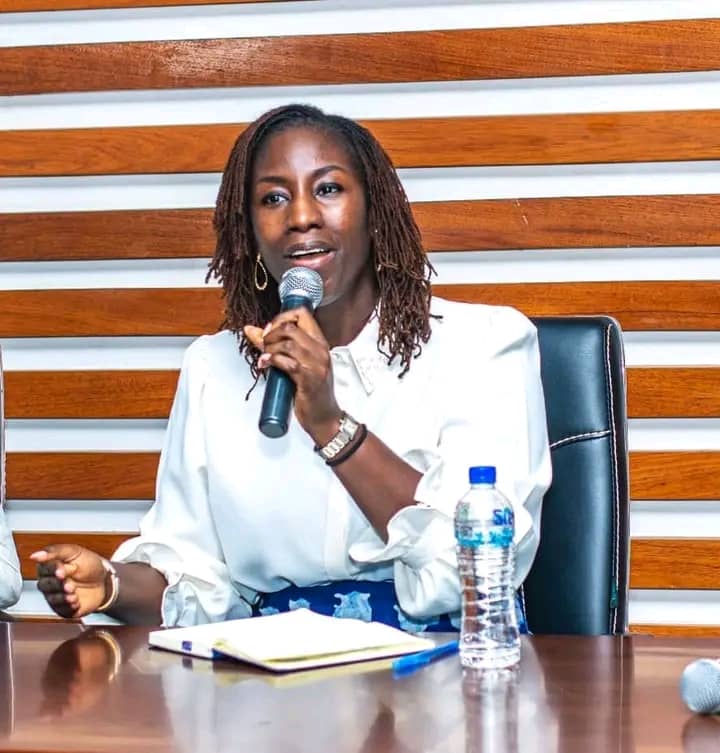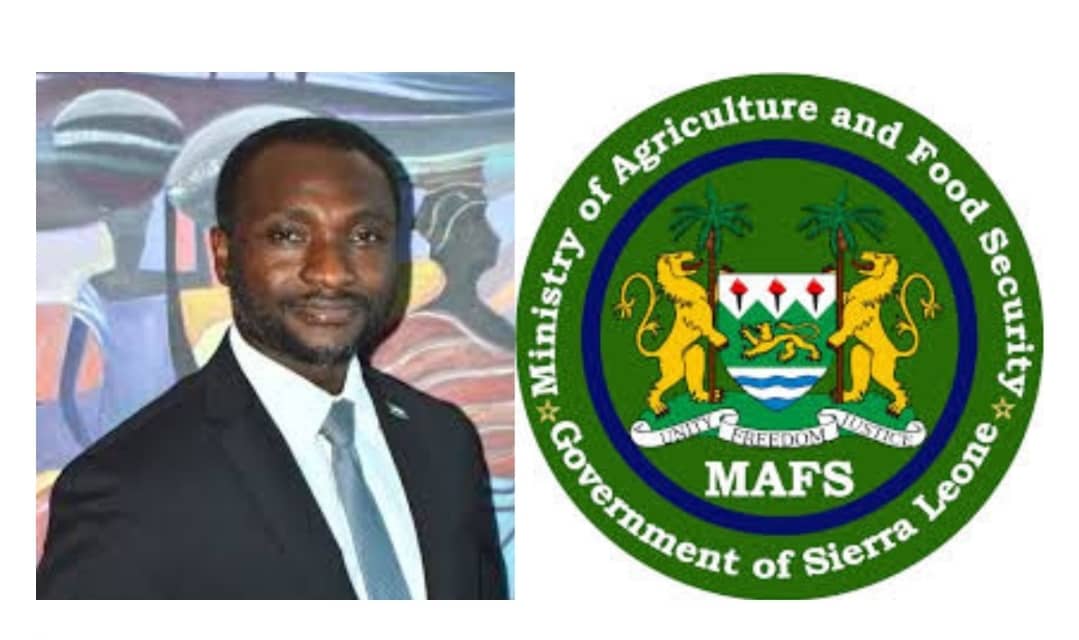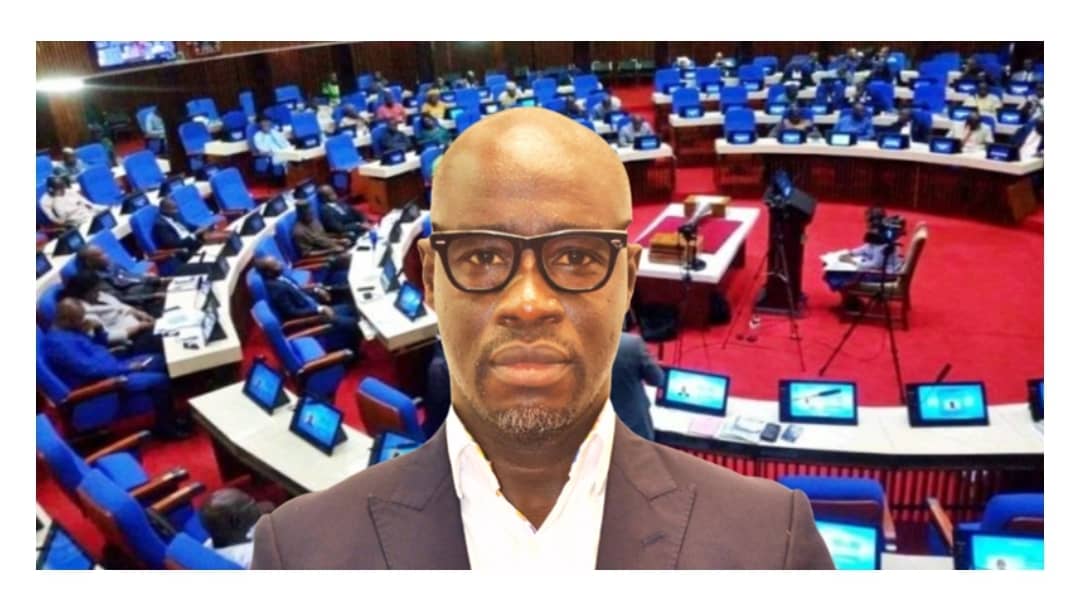By: Edrie Caleb John
In a press briefing held on Tuesday, October 8, 2024, at the Foreign Affairs Conference Room, the Ministry of Information and Civic Education (MOICE) announced significant developments following the signing of the Millennium Challenge Corporation (MCC) Compact. The country is now set to enter the next phase of compact facilitation funding.
Nyede Fatu Koroma, National Coordinator of the Sierra Leone Compact Development Unit, outlined plans for essential energy projects that will prioritize transparency in the allocation of funds. She stated that an agreement has been reached to utilize the compact facilitation fund for procuring necessary equipment to aid in the design and construction process. This funding is part of the larger $480 million grant designated for project implementation.
Koroma emphasized the government’s responsibility to ensure accountability and collaboration with American partners in executing the compact transparently while involving stakeholders. She noted that the initiative is expected to attract investors, development agencies, and private companies, which could significantly boost the country’s economy.
A key aspect of the compact is its potential to digitize energy transmission, creating greater awareness about power generation, distribution, and reliability. This initiative aims to reduce electricity costs and enhance the overall stability of the power supply, engaging all relevant electricity institutions to address sector-wide challenges.
Koroma clarified that the MCC program aims to benefit 4.6 million citizens, impacting all regions through its extensive geographic reach. If implemented effectively, it promises to transform the electricity landscape. She outlined a 12 to 18-month mobilization period dedicated to designing the project and establishing a 244-kilometer transmission corridor, which includes consultancy for building electrical substations and developing necessary documentation.
Manty Tarawalli, Minister of State at the Vice President’s Office, noted that the government has proactively assembled a team, including Vice President Juldeh Jalloh, to secure the MCC without external consultancy—relying instead on the commitment of citizens throughout the application and signing processes. She affirmed that the MCC’s focus on energy will have a profound impact on the lives of citizens.
Tarawalli also emphasized the collaborative efforts of various ministries, which have met the necessary benchmarks to access the compact, ensuring continued effectiveness in achieving future eligibility for additional compacts.
In a concluding statement, William Sao Lamine, Executive Director of Accountability Now Sierra Leone, highlighted the importance of maximizing the MCC’s benefits for the nation. He expressed gratitude for the progress made thus far and urged all stakeholders, including civil society organizations and the media, to be actively involved in the implementation process—not merely as overseers but as partners in sustaining the initiative. Lamine also addressed the challenges faced by citizens in transitioning from post-paid to pre-paid electricity systems, advocating for greater transparency and accountability to ensure effective planning and execution of the MCC objectives.





